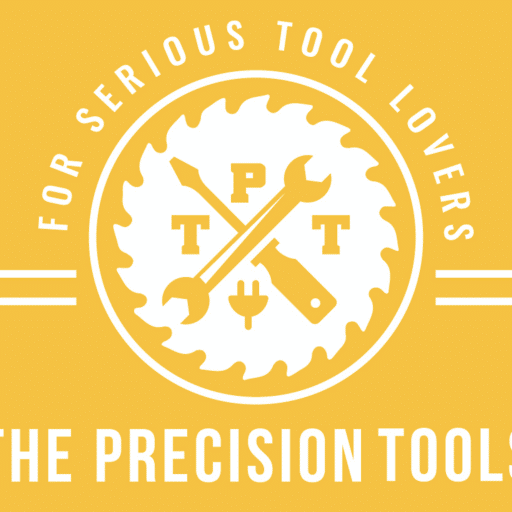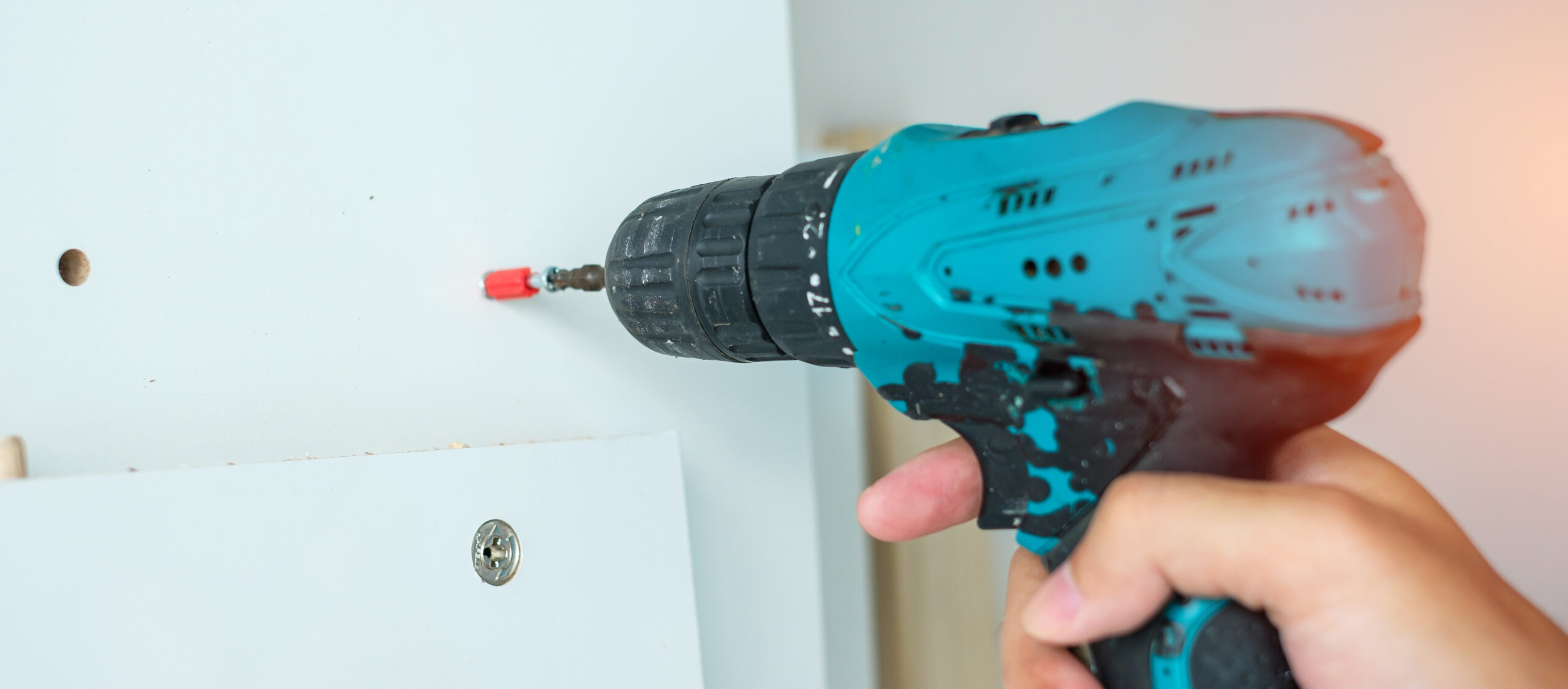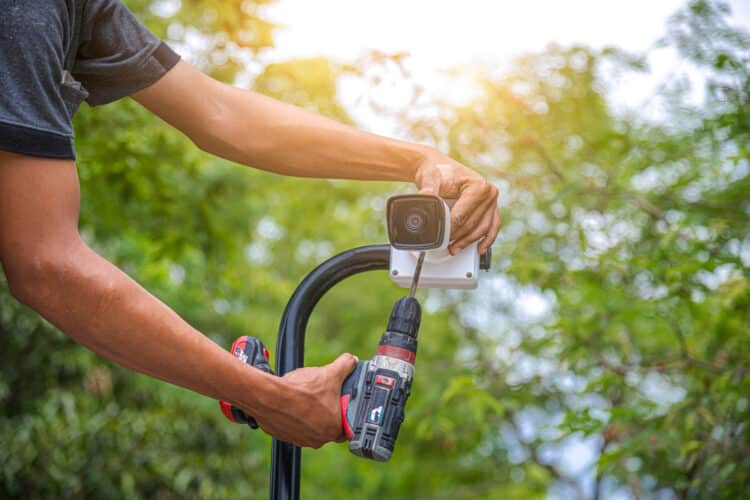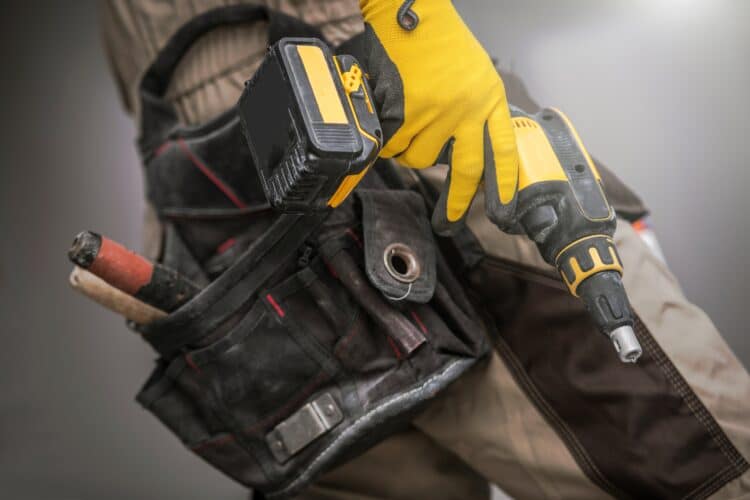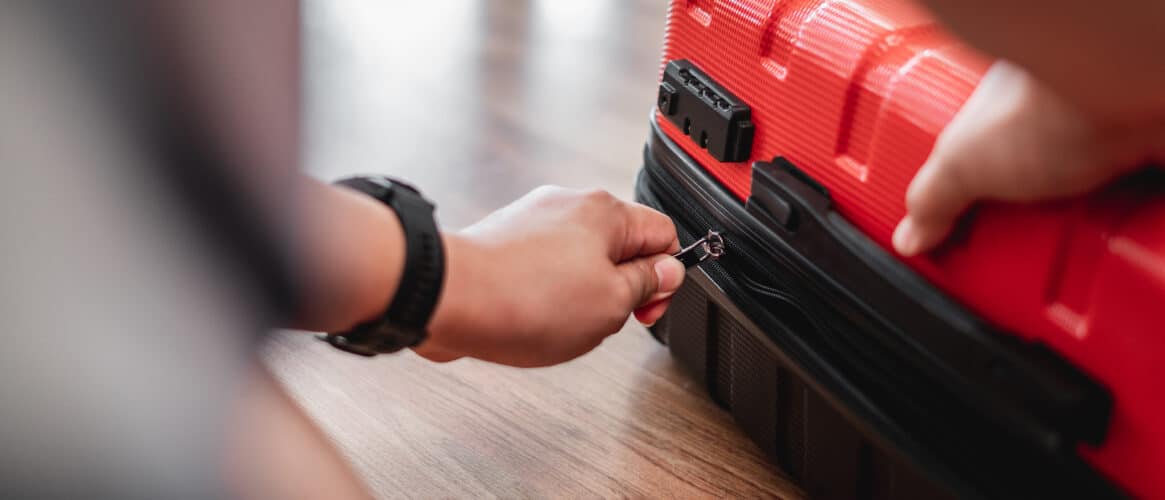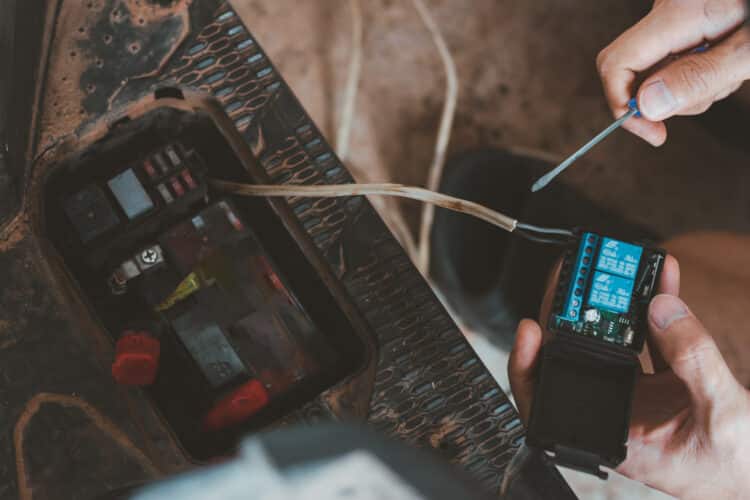Why Does My Drill Always Strip Screws?
Key Takeaways
- Using the wrong drill for the job
- Using the wrong screwdriver bit
- Using poor quality screwdriver bits
Have you ever found yourself frustrated when your drill consistently strips screws? It can be a frustrating and time-consuming issue that can hinder your progress on a project. But fear not, there are several reasons why your drill may be stripping screws, and even better, there are steps you can take to prevent it from happening. In this article, we will explore the common causes of stripped screws and provide you with practical tips to avoid this issue. So let’s dive in!
Common Causes of Stripped Screws
Before we delve into the solutions, let’s first understand why your drill may be stripping screws in the first place. Based on the information from various online sources, the common causes include:
- Using the wrong drill for the job
- Using the wrong screwdriver bit
- Using worn screwdriver bits
- Using poor quality screwdriver bits
- Using poor quality screws
- Over-tightening the screws
- Not using a pilot hole
- Not applying enough pressure
- Not using screw lubricant
- Improper drill bit selection
- Using the wrong drill speed
- Applying too much pressure
- Using worn-out drill bits
- Using the wrong drill bit size or type
- Using a high drill speed
- Not using a pilot hole
- Overtightening the screw
- Misaligning the drill with the screw
As you can see, there are various factors that can contribute to stripped screws. Now, let’s explore practical steps you can take to prevent this issue.
Preventing Stripped Screws
To prevent your drill from stripping screws, consider following these tips:
- Use the right drill for the job: It’s important to use a drill that has enough torque to drive the screws without resistance. Using an underpowered drill can lead to stripping.
- Use the correct screwdriver bit: Ensure that you are using a screwdriver bit that fits snugly into the screw head recess. Using the wrong size or type of bit can cause slipping and stripping.
- Regularly check and replace worn screwdriver bits: Over time, screwdriver bits can become worn, losing their grip. It’s important to regularly inspect and replace any worn bits to maintain optimal performance.
- Invest in good-quality screwdriver bits: Using high-quality screwdriver bits can make a significant difference in preventing stripped screws. They are less likely to slip and provide better grip.
- Use high-quality screws: Using screws that are specifically designed for the material you’re working with can reduce the chances of stripping. Different materials may require different types of screws.
- Avoid over-tightening: Once the screws are flush, avoid over-tightening them. This can put unnecessary stress on the screw and increase the risk of stripping.
- Drill a pilot hole: Before driving in the screw, consider drilling a pilot hole. This will reduce resistance and provide a guide for the screw, minimizing the chances of stripping.
- Apply consistent pressure at a 90-degree angle: While driving the screw, apply consistent pressure at a 90-degree angle to ensure it goes in straight. Angling the drill can cause the bit to slip and strip the screw.
- Use a screw lubricant: Applying a screw lubricant, such as Vaseline or beeswax, can reduce friction and make driving the screw easier. This can help prevent stripping.
By following these steps, you can significantly reduce the risk of your drill stripping screws and ensure a successful and efficient project.
Conclusion
Stripped screws can be a frustrating problem, but with proper precautions, it’s a problem that can be easily avoided. By using the right drill, the correct screwdriver bits, and following best practices like drilling pilot holes and applying consistent pressure, you can prevent your drill from stripping screws. Additionally, investing in high-quality tools and screws can make a significant difference in preventing stripping. Remember, taking the time to do it right the first time will save you time and frustration in the long run.
Related Websites:
FAQs:
Q: Why does my drill always strip screws?
When a drill strips screws, it means that the screw head becomes damaged or rounded, making it difficult to remove or tighten. This issue can be frustrating for users as it hinders their progress. There are several factors that can contribute to screw stripping, including inadequate torque settings, incorrect drill bit size or type, low-quality or worn drill bits, and over-tightening the screws. To avoid screw stripping, it is important to select the right drill for the job, properly match drill bits to screws, use high-quality drill bits, and apply the right amount of force. By implementing these tips, users can enhance their drilling experience and avoid the hassle of stripped screws.
Q: How do incorrect torque settings lead to stripped screws?
Using incorrect torque settings on a drill can lead to stripped screws. It is crucial to select the appropriate torque for different screw sizes and materials. If the torque is too high, it can exert excessive force on the screw, causing the head to become damaged or rounded. On the other hand, if the torque is too low, the drill may not provide enough power to effectively drive the screw, resulting in stripped screws. By using the correct torque settings, users can prevent this issue and ensure successful screw driving.
Q: What happens if I use the wrong drill bit size or type?
Using the wrong drill bit size or type can result in stripped screws. It is essential to use the right drill bit that precisely matches the screw size and type. If the drill bit is too small, it may not grab the screw properly, causing it to slip and strip the head. Conversely, if the drill bit is too large, it can remove excessive material from the screw, leading to stripping. To avoid this issue, users should always identify and select the correct drill bit for the specific screw they are using.
Q: How do high-quality drill bits prevent screw stripping?
Using high-quality drill bits is crucial for preventing screw stripping. Low-quality, dull, or worn drill bits can contribute to stripped screws as they may not effectively grip the screw and apply the necessary force. Investing in high-quality drill bits ensures durability and long-lasting performance, minimizing the chances of stripping. Reliable brands and materials known for their quality are recommended to ensure a smooth and efficient drilling experience.
Q: How can I apply the right amount of force when driving screws?
Applying the right amount of force is vital to prevent screw stripping. Users should rely on the “feel” of the drill and stop tightening once resistance is felt. Excessive force or over-tightening can cause the screw head to strip. By using a controlled approach and stopping at the appropriate resistance point, users can avoid damaging the screw head and ensure secure fastening.
